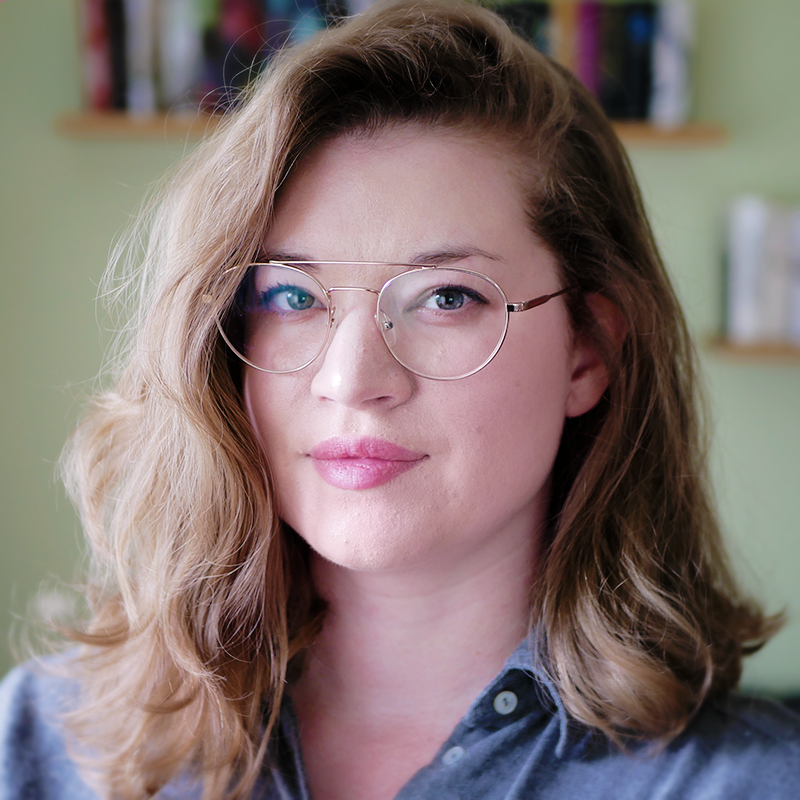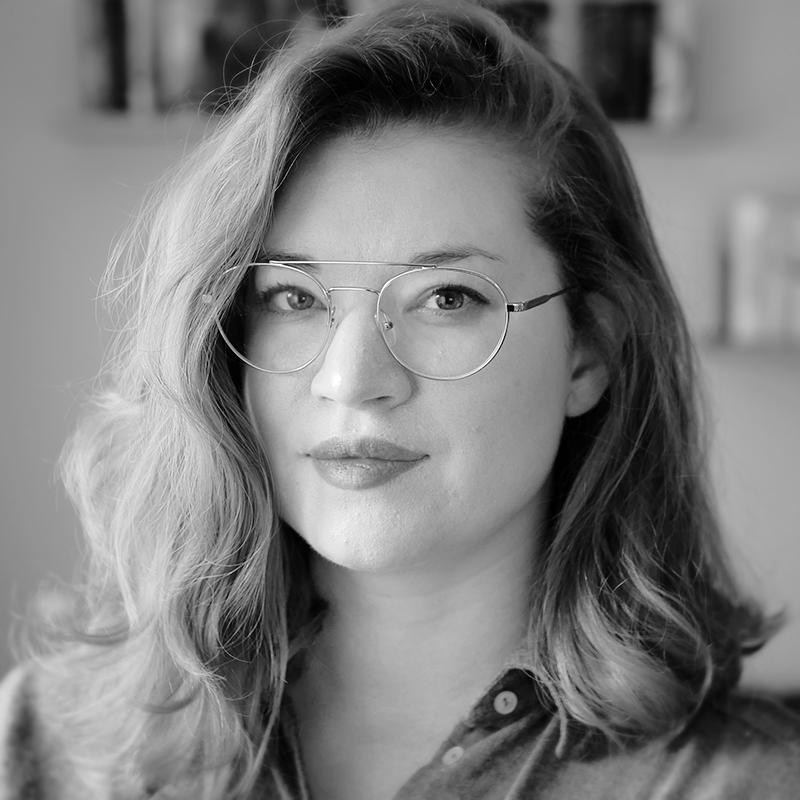Coordination of the center, research and project management, academy cooperation. Focus: digital editions, theory of digital humanities.
ORCID
Mastodon

CV
Tessa Gengnagel has been employed at the CCeH since October 2013. Originally employed as a student assistant in the project management of the Marie Curie ITN DiXiT (Digital Scholarly Editions Initial Training Network) while studying for her Master’s degree, she now works as a postdoc in the management of the CCeH. From 2015–2018, she was a fast-track PhD scholar at the a.r.t.e.s. Graduate School for the Humanities Cologne and completed her doctorate under Prof. Manfred Thaller in the field of historical-cultural information processing (defense January 2021). She completed her B.A. in History and Latin Philology of the Middle Ages at the Albert-Ludwigs-Universität Freiburg in 2009–2012. There she worked as a student assistant at the Department of Medieval Latin Philology, the Department of History and the FRIAS. She then studied European Multimedia Arts & Cultural Heritage Studies for her M.A. at the University of Cologne and the Karl-Franzens-University Graz.
In addition to her work at CCeH, she is also involved in the DHd working groups Theory and Empowerment. She is a founding member of the Digital Medievalist Postgraduate Committee and co-founder and former editor, host and producer of the podcast Coding Codices.
publications (selection)
T. Gengnagel. 2024. Digital Scholarly Editions Beyond Text: Modelling Art, Film, and Everything in Between (Computing in Art and Architecture; vol. 5), Heidelberg: arthistoricum.net, DOI: 10.11588/arthistoricum.1132 [based on doctoral dissertation].
T. Gengnagel. 2022 / 2024. “Vom Topos des Scheiterns als konstituierender Kraft: Ein Essay über Erkenntnisprozesse in den Digital Humanities”, in: Fabrikation von Erkenntnis: Experimente in den Digital Humanities (Zeitschrift für digitale Geisteswissenschaften; Sonderband 5), ed. by Manuel Burghardt, Lisa Dieckmann, Timo Steyer, Peer Trilcke, Niels-Oliver Walkowski, Joëlle Weis and Ulrike Wuttke, Wolfenbüttel, DOI: 10.17175/sb005_011_v2.
P. Hegel, T. Gengnagel, K. Hensen, K. Lemke, G. Brüning. 2024. “The interoperable edition ‘sub specie durationis'”, in: editio 38/1, pp. 135–146, DOI: 10.1515/editio-2024-0008.
T. Gengnagel, F. Jannidis, R. Kleymann, J. Schröter, H. Zinsmeister. 2024. “Bedeutung in Zeiten großer Sprachmodelle”, in: Book of Abstracts of the 10th Annual Conference of the Association of Digital Humanities in German-speaking Countries (DHd 2024), ed. by J. Weis, E. Bunout and T. Haider, Passau, pp. 81–85, DOI: 10.5281/zenodo.10698308.
T. Gengnagel, S. Lang, N. Probst, A. Gerber; S.-M. Dang, T. Duan, T. Grallert, J. Keck, J. Nyhan. 2023. »Open DH? Mapping Blind Spots«, in: Book of Abstracts der 9. Jahrestagung des Verbandes der Digital Humanities im deutschsprachigen Raum (DHd 2023), ed. by A. Busch and P. Trilcke, Luxemburg and Trier, pp. 77–80. DOI: 10.5281/zenodo.7688632.
Presentations (selection)
November 23, 2024, “Superstructures” (Conference Edition of Film Music – Challenges of Multimediality), Frankfurt
November 5, 2024, “(Generative) Artificial Intelligence as a Challenge for the Digital Humanities” (panel discussion with P. M. Näger, L. Franken; Workshop (Generative) AI for Cultural and Textual Data), Weimar
October 21, 2024, “Doomed to fail? On big tech dreams, Silicon Valley and the lowlands of the digital humanities” (lecture series Insights into the Digital Humanities), Bern
September 23, 2024, “Waltz war and machine god: On the edition of multimedia work complexes using the example of film and music” (Keynote, Edirom Summer School), Paderborn
June 10, 2024, “The Ambivalence of Humanistic Knowledge Production in Times of Digital Upheaval”(Uncertainty-Talks), Bielefeld
